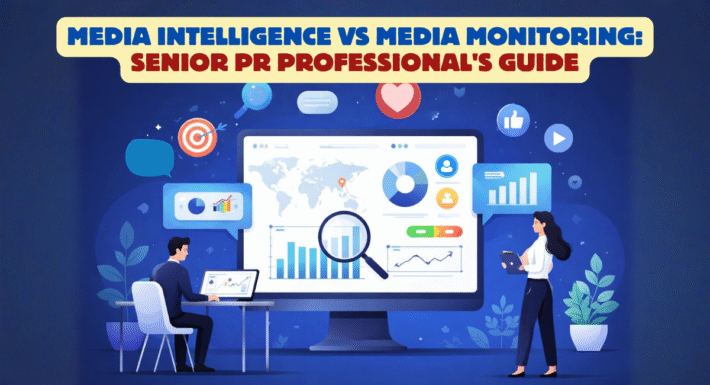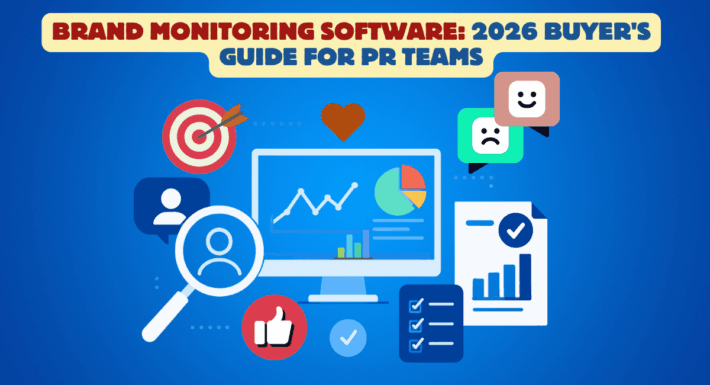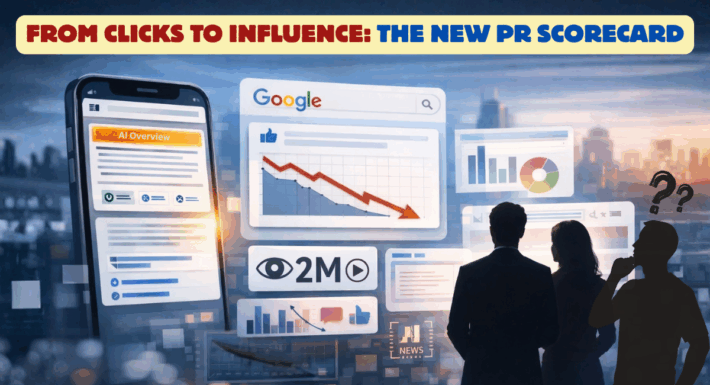PR & Measurement Research: IPRRC More Needed Than Ever

Research and development. R&D. Skunk works.
Whatever you call it, when I think about great products and the teams that build them I’m reminded of Batman’s fictional laboratories, with Morgan Freeman down in the Batcave cooking up novel gadgets and exploring weaponized hallucinogens.
While not as mysterious as the DC Universe, research is also the key to driving innovation in the PR industry.
Fullintel doesn’t have Bruce Wayne’s budget, but we do have strong relationships with the PR and measurement research community, including academics focused on the practice, methodologies, and impacts of great communications on the world.
That’s why Fullintel has sponsored a new award to be presented at this year’s International Public Relations Research Conference (IPRRC) in Orlando this upcoming March. We’re not just sponsoring an award, but presenting research on the value of trust in communications (we’ll spill more details on this closer to the conference date!).
The award itself, the Fullintel Media Insights and Impact Award, is a $1,000 prize recognizing a top-ranked research paper that demonstrates the impact of delivering actionable insights. We’ll put a priority on research supporting the use or development of value metrics or analysis that impacts the profession.
Ultimately, the prize will go to the paper and researcher whose work best relates to metrics that really matter and are most applicable across the entire industry.
Trees Falling in the Digital Woods
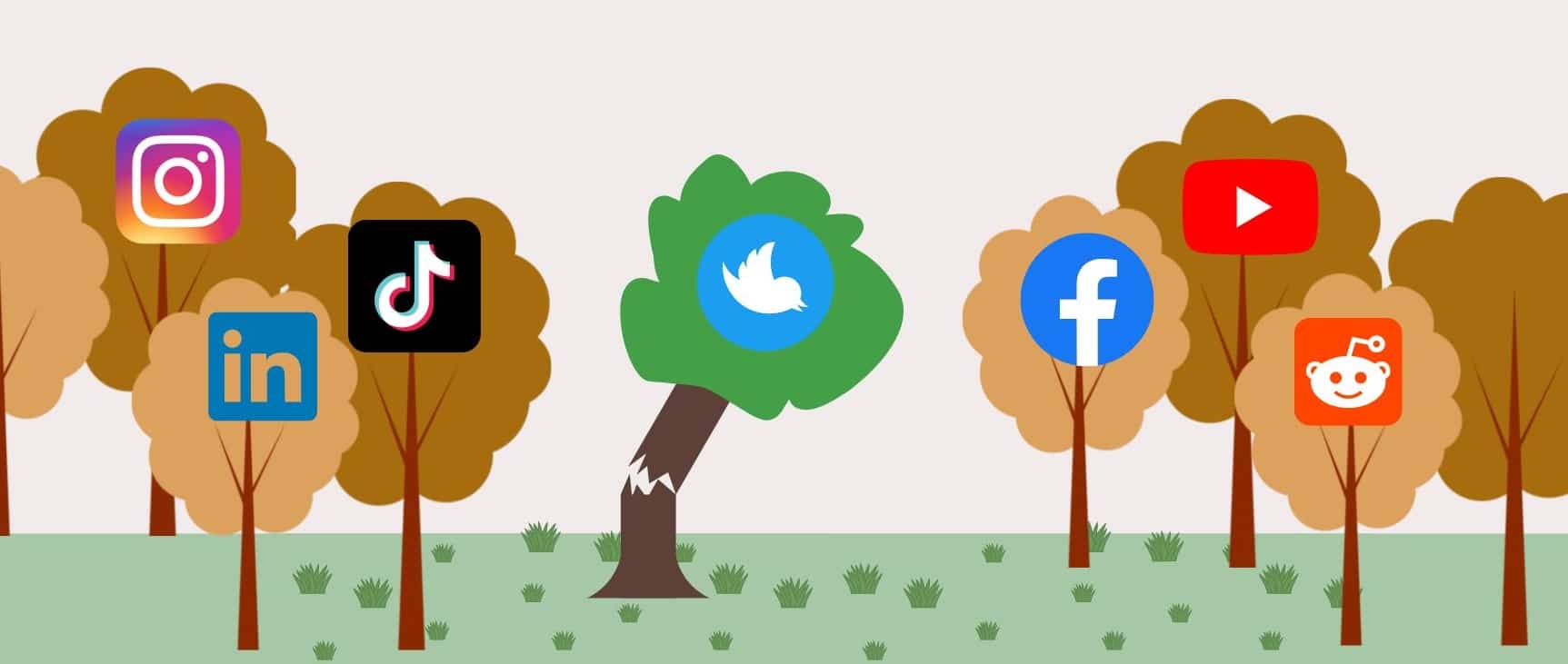
It’s the age-old riddle: If a tree falls in the woods and no one hears it, did it really fall?
Similarly, if an issue can’t be tracked or measured because no one understands how to do that, how can you affect it?
Think about what’s happening with Twitter right now. New audiences are joining, many others are departing, and at the same time TikTok’s rise to popularity, especially among journalists, is rapidly increasing. Reporters now source entire stories directly from TikTok, including interviews, commentary, and secondary sources.
Problem is, we’re living in the age of disinformation and misinformation. It’s gotten so bad that Unicef is studying the implications of this malformed prejudicial content on children.
But research and data can help us understand these dynamics and what to do about them.
I often get side-eyed glances from students when presenting on the topic of data in PR. The cliche I hear is that “I’m a communications major, I don’t do math!”
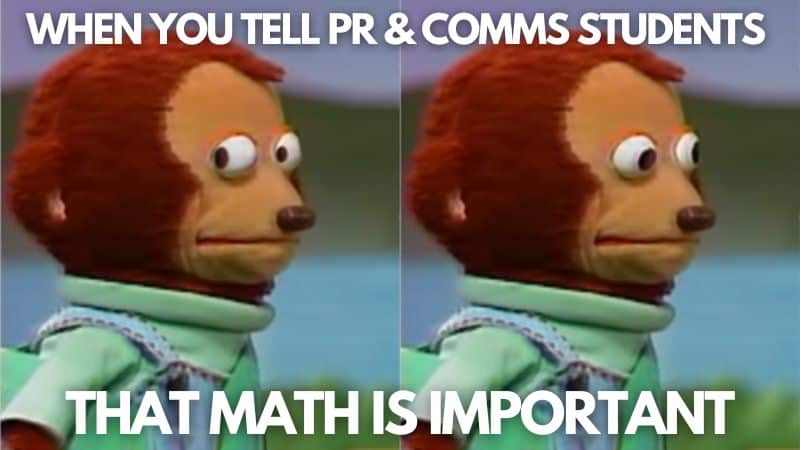
That’s fair, and I get it. That’s why we have tools like Fullintel Hub, which takes care of all those numbers and data integrity to ensure that what you present to your team is always correct – and that the data-driven decisions you make are positive for your organization!
Research drives that confidence.
Part of what makes third-party research so valuable is objectivity. Researchers don’t carry the same biases that brand-side communications teams do in their work – if a researcher spots something negative about a campaign’s performance, they don’t fear for their job. They report on it objectively. No one wears rose-colored glasses in the media research and intelligence industry.
Instead, especially through IPRRC, researchers are more concerned about their peers’ perceptions of research quality and the validity of the insights identified.
It’s a big reason why we’re proud to support IPRRC and the research community. We hope to bring more of this research to you, and the industry more broadly, through our own research teams. Please stay tuned!


